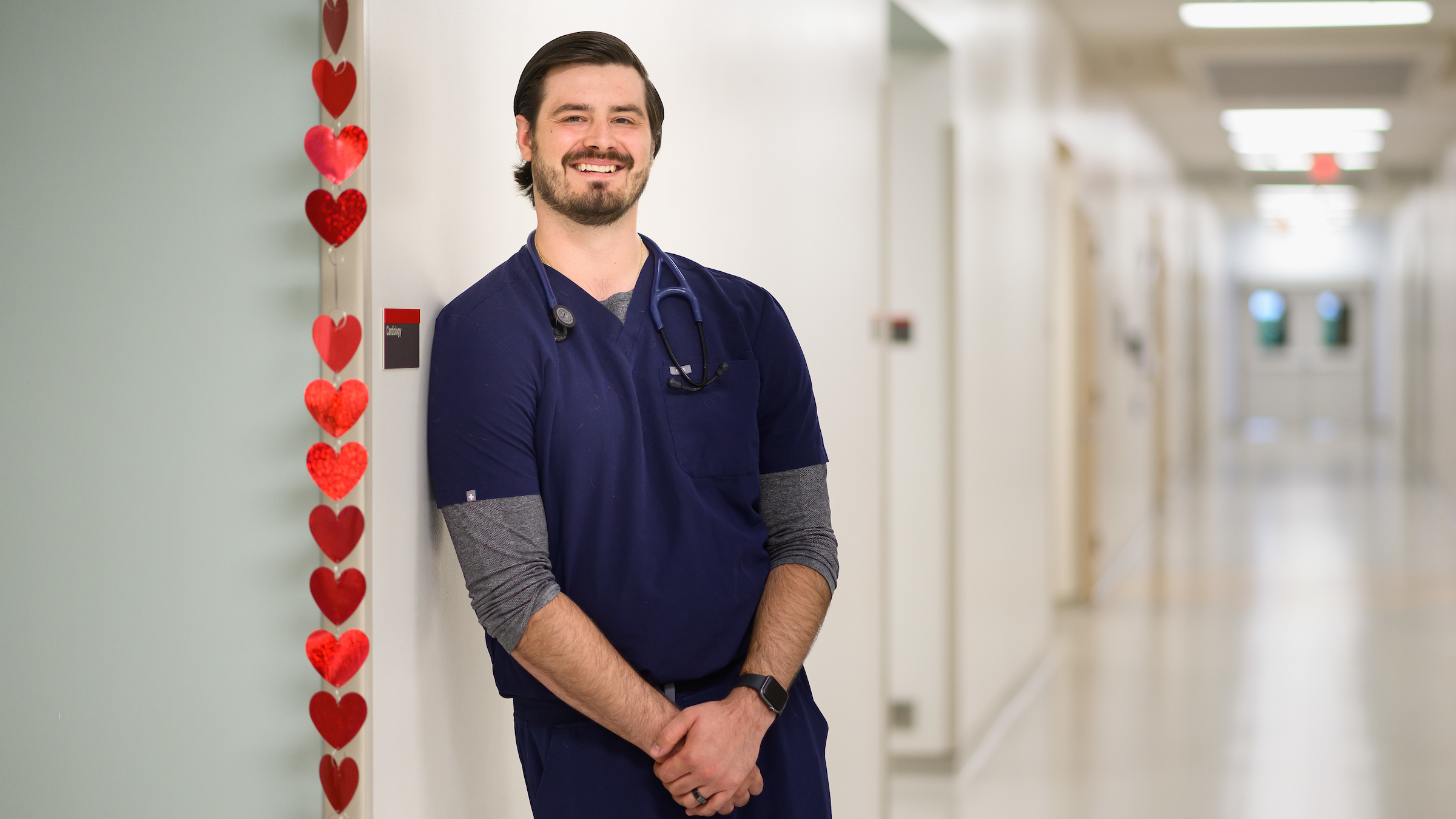NC State University College of Veterinary Medicine Begins Exotic Animal Medicine Service
Owners whose pets fly, slither, hop, scamper, swim or otherwise fit the description of “exotic pet” now have access to the expertise and facilities available at North Carolina State University’s College of Veterinary Medicine as the Exotic Animal Medicine Service in the Veterinary Health and Wellness Center is accepting patients and consulting with referring veterinarians.
The Exotic Animal Medicine Service (EAMS) faculty and staff, known nationally and internationally for clinical expertise and veterinary education, sees both primary care and referral cases, with an emphasis on birds, small mammals, non-venomous reptiles, fishes, and amphibians. The service provides routine and specialized medical and surgical care for both healthy and sick animals. The service does not see wildlife, venomous reptiles, non-human primates, or large carnivores.
Through the collective expertise of EAMS faculty as well as collegial support and collaboration with other specialists within the Veterinary Health Complex (VHC), EAMS offers referring veterinarians and clients access to state-of-the-science medicine in a number of specialty services. These services include anesthesiology, behavior, dentistry, cardiology, critical care, dermatology, emergency medicine, nutrition, ophthalmology, neurology, oncology, orthopedic and soft tissue surgery, radiology/ imaging (contrast fluoroscopy, CT, MRI, ultrasound), and internal medicine.
After-hours emergency services are available for all EAMS clients. Weekday emergencies will be accommodated for existing clients and efforts will be made to accommodate new clients whenever possible.
The EAMS also provides an opportunity for DVM students and house officers to develop basic and advanced clinical skills with a range of animal species not seen in other specialty services within the Veterinary Health Complex.
EAMS faculty also contribute to the veterinary care in many partner institutions, including the North Carolina Zoo, the Karen Beasley Turtle Rescue and Rehabilitation Center on Topsail Island, the North Carolina Museum of Natural Sciences, the Sylvan Heights Waterfowl Park in Scotland Neck, and the North Carolina Aquariums at Roanoke Island, Pine Knoll Shores, and Fort Fisher.
[section_subtitle] Birds[/section_subtitle]
The EAMS treats multiple types of birds including parrots, finches, doves, pigeons, raptors used for falconry, waterfowl, and poultry kept as pets.
[section_subtitle] Small Mammals[/section_subtitle]
Rabbits, ferrets, guinea pigs, chinchillas, rats, hedgehogs, sugar gliders, hamsters, gerbils, and other small mammal species can be wonderful companions and the EAMS team can discuss appropriate care and preventative treatments with owners to help the pet live many healthy years.
[section_subtitle] Reptiles and Amphibians[/section_subtitle]
Pet turtles, snakes, lizards, geckos, frogs, toads, and salamanders are among the variety of species seen by EAMS clinicians (exceptions are venomous reptiles and large lizards, except by special arrangement).
[section_subtitle] Fish and Invertebrates [/section_subtitle]
The EAMS team provides medical and surgical treatment for a variety of fish species. Invertebrates, including tarantulas and coral, can develop infections, parasite infestations, and other problems that require veterinary care.
[section_subtitle] Exotic Animal Medicine Service Faculty [/section_subtitle]
Dr. Laurel Degernes, Associate Professor of Avian Medicine
Dr. Keven Flammer, Professor of Avian Medicine
Dr. Vanessa Grunkemeyer, Avian and Exotic Clinician Medicine
Dr. Gregory Lewbart, Professor of Aquatic Animal Medicine
[section_subtitle] Staff [/section_subtitle]
Kate Pritchett, Clinical Technician
For more information on the Exotic Animal Medical Service, please call the Veterinary Health and Wellness Center at 919. 513.6500 or e-mail vhcexoticmedicine@ncsu.edu.


